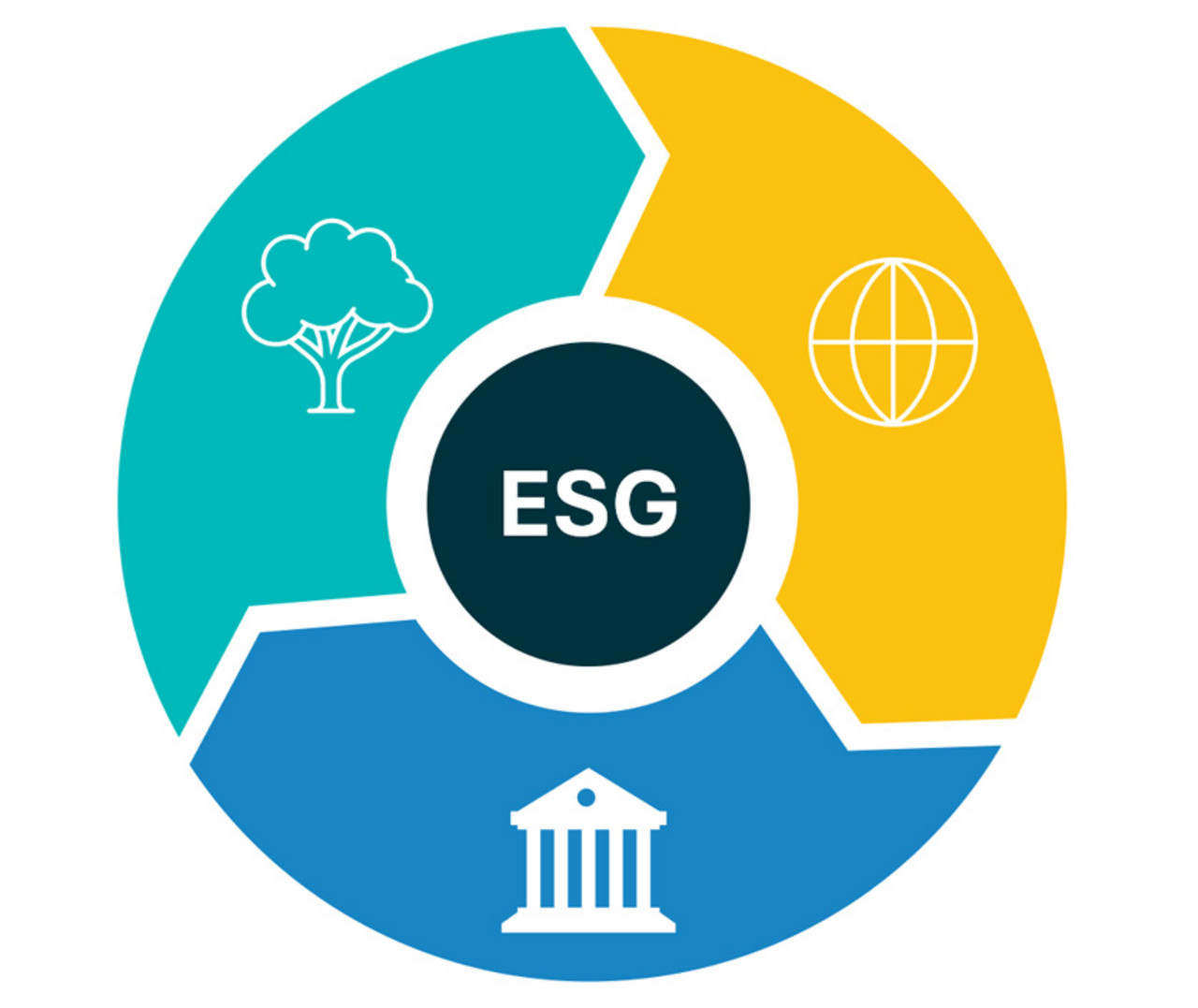This course provides an in-depth exploration of Environmental and Social Governance (ESG) as a critical framework for sustainable business practices, ethical decision-making, and responsible investment. Students will examine the principles, standards, and reporting mechanisms that guide organizations in addressing environmental challenges, fostering social responsibility, and maintaining strong governance structures.
The course covers key topics such as climate risk and carbon management, diversity and inclusion, human rights in supply chains, corporate transparency, and the role of ESG in global financial markets. Through case studies, policy analysis, and interactive discussions, students will develop the ability to critically evaluate ESG strategies, measure organizational impact, and assess how ESG integration influences corporate reputation, risk management, and long-term value creation.
By the end of the course, students will be equipped with the knowledge and tools to engage with ESG issues as business leaders, policymakers, or investors, and to contribute to building more sustainable and socially responsible organizations.
Learning Outcomes:
Upon successful completion of this course, students will be able to:
-
Understand the core concepts, history, and global significance of ESG.
-
Analyze how environmental, social, and governance factors influence organizational performance and stakeholder trust.
-
Evaluate ESG reporting frameworks, disclosure standards, and regulatory requirements.
-
Assess real-world case studies to identify best practices and challenges in ESG implementation.
-
Apply ESG principles to business strategies, investment decisions, and policy development.
Course Features
- Lectures 0
- Quizzes 0
- Duration 5 days
- Skill level All levels
- Language English
- Students 8
- Assessments Yes






